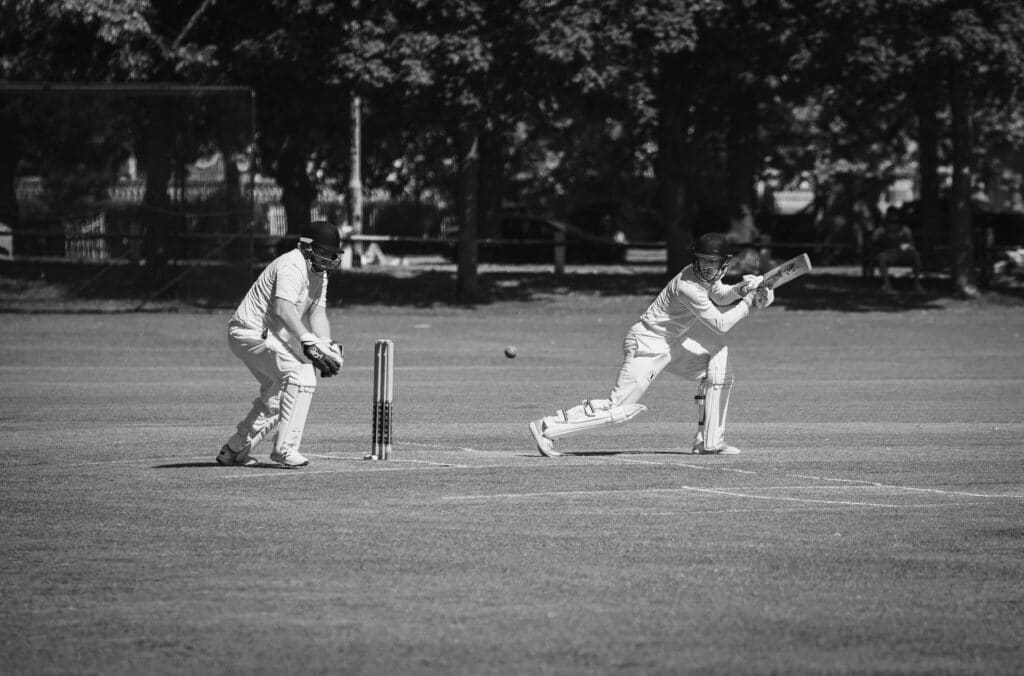Top questions to ask your physiotherapist
What we’ll cover
Top questions to ask your physiotherapist
At Malvern East Physiotherapy, we see a range of conditions from sore necks and backs; sporting injuries; through to rehabilitation following surgery from a range of conditions. In addition assessment and treatment, our mission is to guide and empower you throughout the recovery process. Open dialogue and learning more about what’s going on will help you get the most out of your rehabilitation. Here’s a list of my top questions to your physiotherapist at your next appointment.
What is causing my symptoms or pain?
Gaining a better understanding of what’s going on provides a specific focus to address throughout recovery and rehabilitation. In some cases, the reason for injury is obvious. It may have been a specific incident or injury. In other cases, a range of factors may have culminated in an injury occurring. As part of a thorough assessment, your physiotherapist will have diagnosed and identified specific causes of your symptoms. Addressing these causes and the symptoms will prevent the likelihood of recurrence
For example, plantar fascioapthy is a common complaint that results in pain around the heel. Overloading or embarking on exercise too quickly is a common factor. However, reduced ankle flexibility, poor calf flexibility or reduced strength around the hip or pelvis can also be contributing factors to causing heel pain. Without these factors being addressed, whilst symptoms can be reduced, the likelihood of recurrent heel pain is high.
How long will this take to get better?
The prognosis of recovery and time frames is a crucial part of injury management. Your physiotherapist will be able to give you time frames on your prognosis based your on specific goals and objectives.
A soft tissue injury or muscular strain may take six to eight weeks for full recovery and heeling. Pain is not commonly a good indicator for returning to activity. As part of your recovery, a graduated return to training or competition allows recovery, adaptation and healing. Failing to follow these guidelines commonly results in numerous set back and ultimately a longer recovery period.
What can I do to assist with my treatment?
Whilst you might see your physiotherapist up to several times a week, there will be a range of self management strategies or exercises your physiotherapist will encourage you to perform to complement their treatment.
This could include specific exercises such as stretches or strengthening exercises. It could even include pain relieving strategies such as using an ice pack or a heat pack in some circumstances. Be realistic with the amount of time you can commit to perform these habits as it will make your rehabilitation and recovery from injury a much smoother journey.
What should I avoid?
Be sure to ask your physiotherapist about activities that may hamper or affect your healing. This is equally important to performing daily habits to improve your recovery. If you are unsure about anything, no matter how trivial it seems, ask your physiotherapist. All the positive habits can be negated if you’re performing habits which could be stalling your progress. For example, heating rather than icing or stretching structures rather than resting can all stall progress with your rehabilitation.
Be sure to have these conversation with your physiotherapist. Asking these questions will allow you to gain a better understanding of what’s going on. Our team welcome you to ask these questions and if not, we are likely to initiate these conversations. Our mission at Malvern East Physiotherapy is to empower you to keep active and injury free. Arming yourself with as much knowledge as possible creates a smooth and efficient recovery.
Ask these questions at your next physiotherapy consultation or appointment. Call us or book online today.














